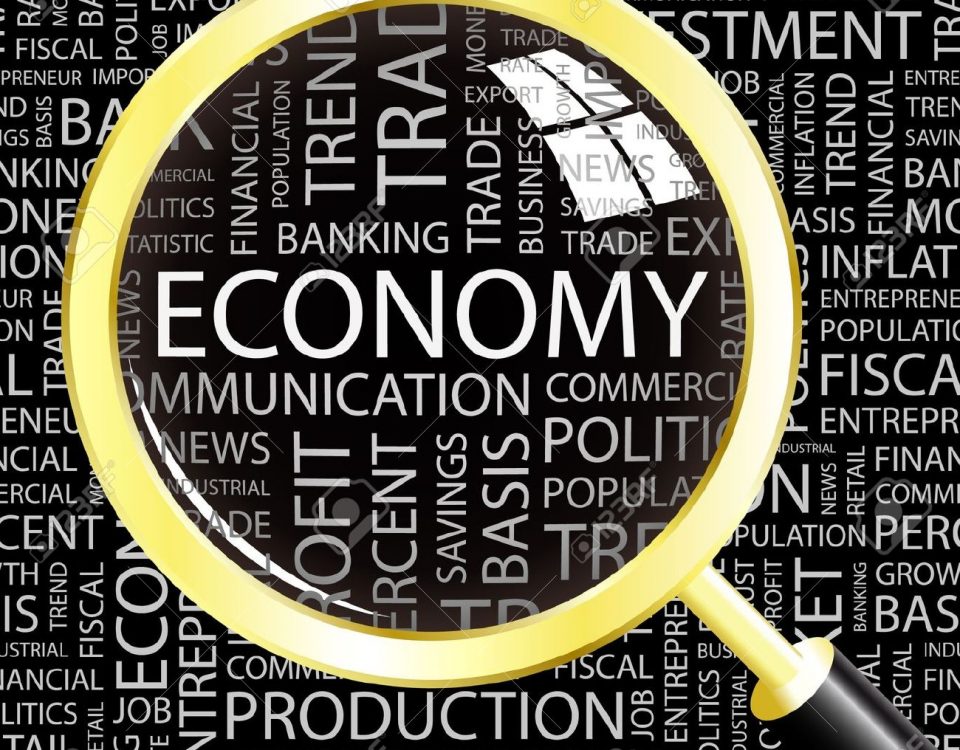Article Update: On free trade: three stories

World Update: Tokyo, Hong Kong bounce back in mixed day for Asia markets
March 26, 2018
Nigeria Update: N259b maturing securities calm interbank rates
March 26, 2018
Permit me to tell you three stories.
During the Napoleonic wars, it became very difficult for the British to import grain from Europe. This led to the British looking inward and expanding wheat farming in their own country. As the wealth of the landowners grew, they sought to protect their profits. These fears seemed justified when shortly after the Battle of Waterloo, the price of wheat fell from 126 shillings for 8 bushels to 65 shillings as foreign wheat began to make its way back to Britain. To protect local farmers, parliament passed the first Corn Law, which restricted the import of foreign wheat. The effect was almost immediate as the prices of bread, the main product of wheat, skyrocketed. This had a knock on effect as higher food prices meant that workers began to demand higher wages putting pressure on manufacturers, who put pressure on parliament to repeal the Corn Laws. However, the landowner dominated parliament held firm until a recession in 1839. By 1842, recession had become depression. By 1845, the Anti-Corn Law League was the most organised political group in Britain, and they were pushing for free trade. The failure of the Irish potato harvest in 1845, and the mass starvation that followed, forced the government of Sir Robert Peel to reconsider the Corn Laws. In January 1846, the duty on oats, barley and wheat were removed, and there has been no mass starvation in the UK since then.
The second story is from China.
In 1958, China’s leader, Mao Tse-tung launched what he called the Great Leap Forward aimed at rapidly transforming China from an agrarian economy to an industrial society. The main idea behind the Great Leap was to industrialise China by avoiding the import of machinery and instead, making use of the massive supply of cheap labour. Mao discarded the advice of technocrats such as Zhu Enlai and Deng Xiaping, and chose to use the collectivisation methods favoured by Joe Stalin in the Soviet Union two decades earlier. He believed that by closing up China to the outside world, within fifteen years, China’s industrial output would surpass that of the UK. It did not. Without the skills from other places, Chinese society rapidly fell apart, and within a year, the Great Leap metastasised into the Great Famine. Twenty million people died, and to cover the shame, Mao, in 1966 launched the Cultural Revolution. By 1978, Mao was dead and Deng had consolidated power. Deng put a stop to all that “we can do it on our own nonsense”, and set China on the path of genuine market reforms. The rest, as they say, is history.
This brings us nicely to Nigeria.
In 1976, Segun Obasanjo launched Operation Feed the Nation. Having decided that economic and social problems were the result of neglect of the agricultural sector, Obasanjo appealed to Nigerians to take to farming, increase food production, and reduce importation. Nigerians were encouraged to farm undeveloped building plots. This had the almost immediate impact of indiscriminate use of land for farming by people who had no knowledge of farming. Also, since we became shy of imports, we became shy of exports and well, there was nowhere to ship the announced surpluses to. Then there was the problem of continuity and corruption. By the time the Shagari government swung by, OFN had failed, Nigeria had entered a commodity-caused recession, and well, we blamed the Ghanaians and sent them packing.
All of this brings us to President Buhari’s failure to sign the African Continental Free Trade Area agreement. It is amazing that despite centuries of evidence that it does not work long term, the minds of Nigerians are still wired to be protectionist.
The arguments in favour of free trade were made by Adam Smith as far back as 1776: “It is the maxim of every prudent master of a family, never to attempt to make at home what it will cost him more to make than to buy.”
Simply put, if two parties want to swap something legally, nothing should stop them. They want to swap because it will make them both better off, and to hinder them is to cause harm. Both parties will suffer, as well as those who might have benefited if the trade had not been blocked.
It is not hard. Free trade is as simple as this: both Cheta and Oria can cook, both Cheta and Oria can wash plates, so Cheta cooks for both, Oria washes both plates. Cheta and Oria have swapped the proceeds of their labours, and have saved time and energy in doing so. Is there a point in both of us making separate pots of Indomie and washing separate pots when there is an advantage to using the same time and energy to do it once?
That is what those who are standing against the AfCFTA fail to get – no nation, Nigeria included, can do it all. The real work is in finding your comparative advantage, specialising in it, then trading it for what you’d rather not do. Any other road, is to bring suffering to the people.

